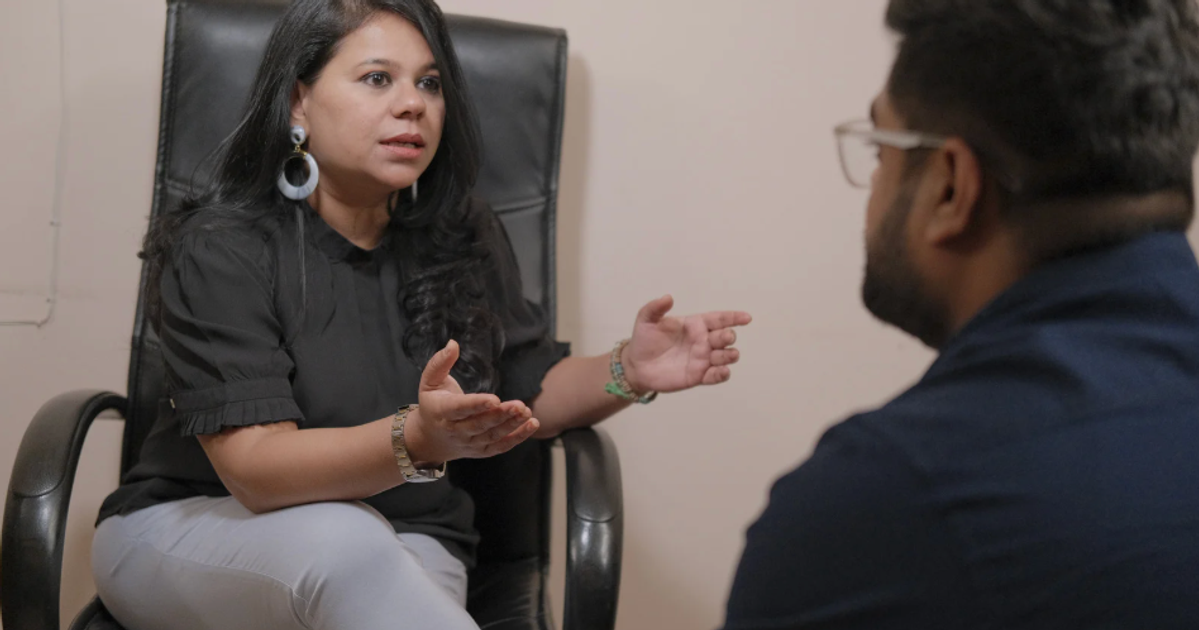
The First Time I Had to Give Negative Feedback
It Was All Coaching—Until It Wasn’t
In my first few weeks as a manager, most of my 1-on-1s felt energizing. They were filled with coaching, brainstorming, and strategizing. I got to help people think through challenges, pitch ideas, and grow their confidence.
But I knew the day would come when I’d have to switch gears.
When I’d have to give real, uncomfortable, negative feedback.
And when it finally happened, I wasn’t ready for how much it would shake me.
The Conversation That Changed the Game
It started like any other meeting. Same room, same time, same person. But this time, I wasn’t just there to support or plan. I had to confront a recurring issue—a deadline missed, not for the first time.
I had rehearsed what I’d say. I told myself I’d be clear, professional, and calm. But the moment I opened my mouth, everything got cloudy.
Was I being too harsh?
Was I making it too personal?
What if I said the wrong thing and damaged the relationship?
My heart was racing. My throat was dry. And worst of all, I could feel myself sugarcoating the message—not out of kindness, but out of fear.
Giving Feedback Isn’t About Being Right—It’s About Being Responsible
One of the hardest things for me to learn as a new manager was that giving feedback isn’t about catching mistakes or asserting authority.
It’s about being responsible for someone’s growth.
It’s about telling the truth—even when it’s uncomfortable.
It’s about creating clarity where things have gotten blurry.
I didn’t realize it at the time, but my hesitation wasn’t about the content of the feedback—it was about the shift in identity. I wasn’t just a teammate anymore. I was someone who had to say what others might not want to hear.
Why Negative Feedback Feels So Personal (Even When It’s Not)
Giving tough feedback isn’t easy for most first-time managers. You want to be supportive. You want to maintain trust. You worry that a single misstep could undo all the positive momentum you’ve built.
In that moment, your brain is juggling a dozen things:
- How do I start this without sounding like an attack?
- What if they get defensive—or worse, disengaged?
- Can I still be empathetic and be honest?
- What if I say too much—or too little?
And underneath all of it, a more vulnerable fear:
Am I making things better, or just making it worse?
You’re Not Just Delivering Feedback—You’re Redefining the Relationship
When you move from peer to manager, the dynamic changes. Feedback isn’t just a comment—it’s a signal. It sets expectations, defines boundaries, and communicates what matters.
That first tough conversation taught me that leadership isn’t about avoiding discomfort. It’s about leaning into it, with intention and care.
Over time, I learned to prepare better. To separate behavior from identity. To lead with curiosity instead of judgment. And most importantly, to remind myself that feedback, done right, is a gift—even when it’s hard to give.
The First Time Is the Hardest—But It Gets Easier
You won’t forget your first real feedback conversation. It might not go perfectly. You might stumble. But that’s how growth works—yours and theirs.
The discomfort means you care.
The effort means you’re trying.
And the fact that it felt hard? That’s what makes it meaningful.
Eventually, tough conversations won’t feel terrifying. They’ll feel necessary. Helpful. Even rewarding.
But you’ve got to have that first one.
